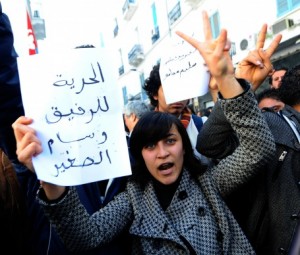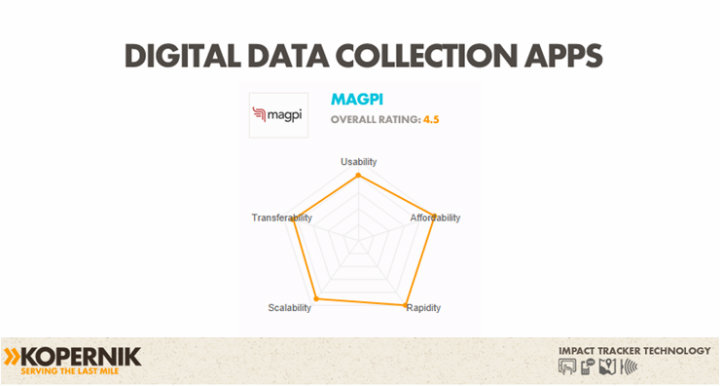In recent days, the North African country of Tunisia has flooded the front pages of most international media outlets because of demonstrations against authoritarian rule and the subsequent overthrow of Zine El Abedin Ben Ali. Mohammed Ghannouci, who seized control of the government, has replaced Ben Ali, who ascended to power in 1987 coup. The new head of state, however, is not necessarily a man of the masses. And so, the protests continue: vociferous calls for democratization from thousands of young and old gathered in the cause of civil liberties, political participation, human rights and freedom of expression.
 Like many recent cases of non-violent uprising, much of the mobilization in Tunisia has been facilitated through social media. Photography, amateur video footage, online discussions, public event notifications and other technological endeavors have played an important part on behalf of the demonstrators. Not only that but most of the free world has also joined in. While most people in America and elsewhere do not have access to the White House Press Room like the Obama administration – which has issued multiple statements of solidarity with protestors – Facebook, Twitter and blogging have proven to be equally, if not more, potent forums for a captivated global population.
Like many recent cases of non-violent uprising, much of the mobilization in Tunisia has been facilitated through social media. Photography, amateur video footage, online discussions, public event notifications and other technological endeavors have played an important part on behalf of the demonstrators. Not only that but most of the free world has also joined in. While most people in America and elsewhere do not have access to the White House Press Room like the Obama administration – which has issued multiple statements of solidarity with protestors – Facebook, Twitter and blogging have proven to be equally, if not more, potent forums for a captivated global population.
Tunisia is ablaze with demands for democratic change – unfortunately, in some cases, quite literally. The fiery deaths of some protesters who lit themselves on fire – including Mohamed Bouazizi, a street vendor ousted from his land and deprived the dignity of work, are reminiscent of similar political statements made in opposition to the Vietnam war a few decades ago. What’s more, copy-cats have surfaced in Algeria and other neighboring countries. It seems desperation does not completely change face, despite all the current technological innovations serving as instruments for activism and public mobilization. For some people, the intolerable nature of oppressive regimes motivates violence, even if only against one’s own self.
 Observers are also asking the all-important question: what is the larger significance of the on-going tumult in Tunisia? Could the deposition of Ben Ali produce ripple effects of a similar nature throughout North Africa and the Arab world? Many in the region and beyond are hopeful for such an outcome but the likelihood for transformation is low, as a recent Foreign Policy magazine article pointed out. Nevertheless, the world should remain tuned in to Tunisia.
Observers are also asking the all-important question: what is the larger significance of the on-going tumult in Tunisia? Could the deposition of Ben Ali produce ripple effects of a similar nature throughout North Africa and the Arab world? Many in the region and beyond are hopeful for such an outcome but the likelihood for transformation is low, as a recent Foreign Policy magazine article pointed out. Nevertheless, the world should remain tuned in to Tunisia.
At the end of the day, the question is not, “what can Twitter do for Tunisians?” but rather “what can Tunisians do with Twitter?” While the potential for social media as a tool for revolution is by now undeniable, it is important to remember that outlets such as Facebook, YouTube, Twitter and Flickr are only modes of communication assisting a people’s movement. The agents of change have always been and will continue to remain the people, driven by a thirst for freedom. The envisioned success is beheld in the eyes of ordinary men and women in pursuit of an extraordinary vision and not in a camera’s lens or a website.
Photo source: boston.com/bigpicture, newsfeed.time.com


